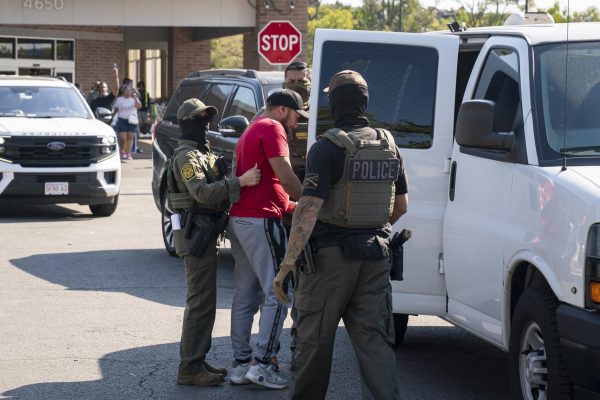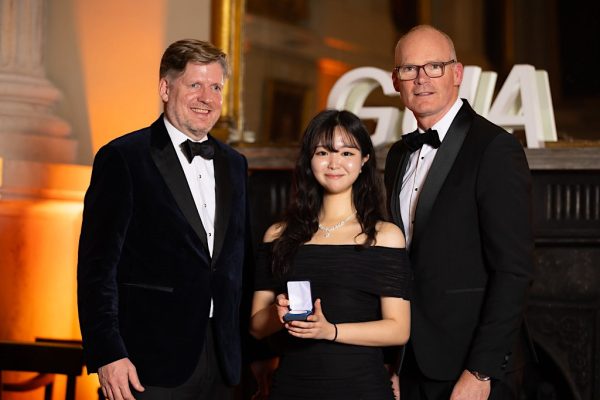Student elections set
Mar 7, 2006
Last updated on May 12, 2016 at 01:43 a.m.
On March 7 and 8, students may cast their votes for student trustee, student senators, SORF Board members and three referenda questions during student elections.
In order to run, candidates obtained a minimum of 50 student signatures, 50 percent of which had to come from their college. These were then submitted to the Student Election Committee, which verifies the signatures, said Ariel Avila, Illinois Student Senate chief of staff.
“The SEC is an independent body that runs student elections,” said David Eisenberg, SEC co-chairman. “Its objective is to run fair and impartial elections, enforce ISS’s election rules and judge any election disputes.”
Each college has at least one senator in ISS, although larger colleges such as LAS have multiple senators. Senators also represent their respective colleges in the Urbana-Champaign Senate, the chief policy-making body for the University. The colleges of Law, Medicine and Veterinary Medicine conduct their own elections for their senators.
Get The Daily Illini in your inbox!
“The ISS meets weekly and is the official voice of the student body at Urbana-Champaign,” said Josh Rohrscheib, co-president of ISS. “If the University wants to know how the students feel about an issue, they come to us.”
Nina Fuentes, Christopher Kantas and Mike Trojanowski are running for the position of student trustee. The winner will serve on the Board of Trustees.
One student trustee from each of the three Illinois campuses – Chicago, Springfield and Urbana-Champaign – sits on the Board, along with the governor of Illinois and nine trustees whom he appoints. The governor appoints one of the student trustees to have an official vote, while the others serve as ex-officio members.
The Student Organization Resource Fee is a $14 refundable fee collected every semester. Money collected by the fee supports programs and activities of the Registered Student Organizations.
There are six periods in each semester during which any RSOs on campus can file applications requesting money. The SORF Board receives more than 600 applications each year, according to the SORF Web site. The 13 members of the SORF Board then review these applications and recommend how to allocate the SORF funds to the vice chancellor for student affairs.
Consistently more than 6,000 students vote in the student elections each year, Rohrscheib said.
“It is really important that the students vote,” Avila said. “Outcomes for even the big colleges, like LAS, are sometimes separated by 20 votes or less, so every vote really does count.”





